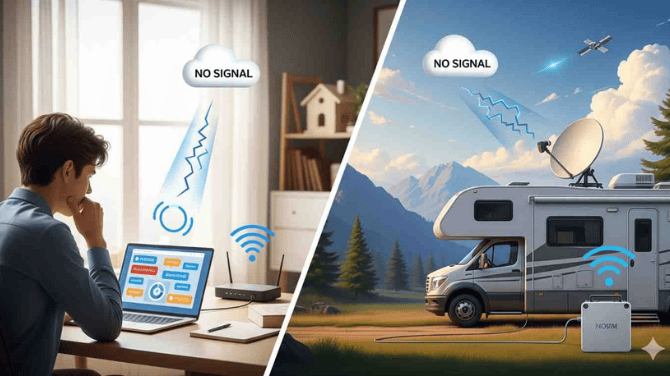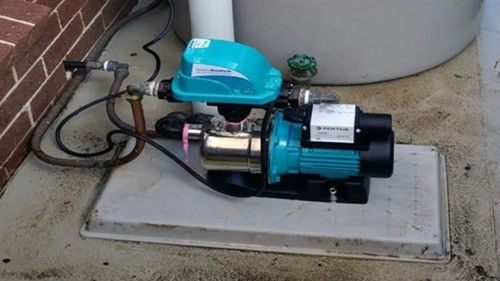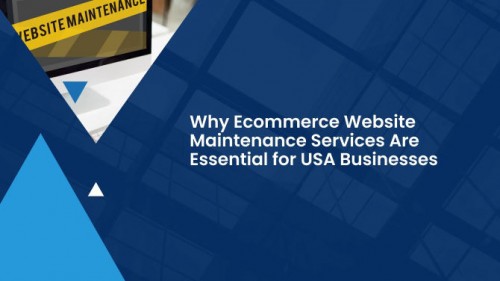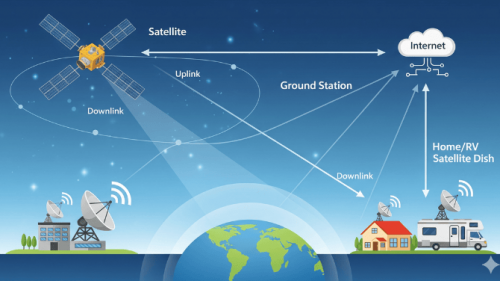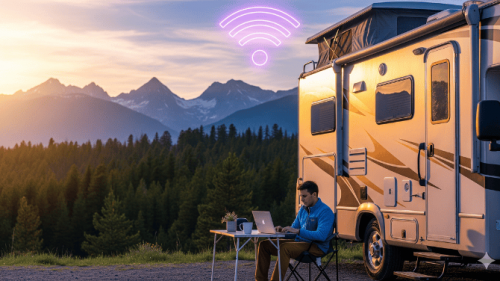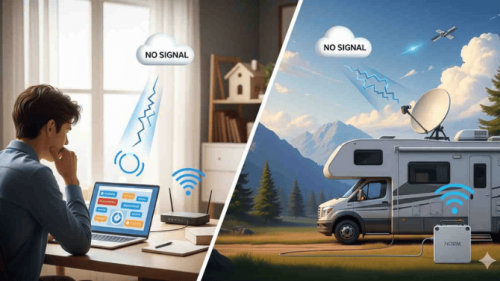Why Is My Internet Slow and How to Fix It
Nothing is more frustrating than sitting down to stream a show, join an important video call, or finish work on the road only to be interrupted by slow internet. Whether you’re using home broadband or satellite internet while traveling in an RV, sluggish speeds can disrupt your daily life and productivity. Understanding why your internet is slow and learning what you can do about it is the first step to staying reliably connected.
Common Reasons Your Internet Is Slow
Slow internet and speed problems can occur for various reasons. Figuring out the main cause makes troubleshooting easier. Many users often ask, “Why is my internet slow?” The answer usually depends on factors like signal strength, outdated equipment, network congestion, or having too many devices using the same connection. Some common reasons include:
-
Network Congestion – When multiple people use the internet at once in your household or area, speeds often slow down.
-
Weak Wi-Fi Signal – Distance from your router or interference from walls and appliances can weaken your signal.
-
Outdated Equipment – Old routers, modems, or cables may not support today’s higher speeds.
-
Satellite Limitations – If you’re traveling in an RV or rural area, satellite internet may experience latency or slowdowns during peak hours.
-
Background Apps – Streaming, software updates, or cloud backups running in the background can use up bandwidth.
How to Fix Slow Internet
The good news is that there are practical steps you can take to improve your connection.
-
Restart Your Equipment
A quick restart of your router and modem can often clear temporary issues and restore speed. -
Check Device Usage
Disconnect devices you’re not using. Limiting the number of connected gadgets frees up bandwidth. -
Update Your Equipment
If your router or modem is more than five years old, upgrading can make a big difference. -
Improve Wi-Fi Coverage
Place your router in a central location, away from walls or electronics. Wi-Fi extenders or mesh systems can also help cover larger areas. -
Use Wired Connections
For work or streaming, a direct Ethernet cable connection is faster and more stable than Wi-Fi. -
Optimize for Travel
If you rely on satellite internet for RVs, consider providers like Ubifi that specialize in keeping travelers connected with strong coverage.
Why Satellite Internet Might Feel Slow
If you’re traveling or living in a rural area, satellite internet is often the best option. However, it comes with unique challenges. Signals must travel long distances between your dish and orbiting satellites, creating higher latency compared to fiber or cable. Weather, such as heavy rain or storms, can also temporarily reduce performance.
Ubifi helps reduce these issues by offering reliable satellite internet solutions designed for RVs and campers. While no system is completely immune to slowdowns, choosing the right provider ensures you stay connected when it matters most.
Boosting Internet Speed While Traveling
Life on the road requires a dependable internet connection. Here are some tips for RV travelers and remote workers:
-
Park in areas with clear skies to reduce signal blockage.
-
Schedule heavy downloads, like software updates, during off-peak hours.
-
Use data management tools to monitor usage and avoid slowdowns.
-
Keep your equipment clean, updated, and properly aligned.
These simple practices can maximize speed and reliability, making it easier to work, stream, and stay connected while traveling.
FAQ About Slow Internet
1. Why is my internet fast on one device but slow on another?
This often happens when one device is older or has weaker Wi-Fi capability. Try updating its software or test with a wired connection.
2. Can weather affect my satellite internet speed?
Yes. Rain, storms, or heavy cloud cover can temporarily disrupt satellite signals, which may cause slower speeds until conditions clear.
3. How often should I replace my router or modem?
Most routers last about four to five years. If your device is older or doesn’t support modern speeds, upgrading is recommended.
4. Does using a VPN slow down internet speed?
It can. VPNs route your traffic through additional servers, which sometimes reduces speed depending on server distance and load.
5. What can I do if my internet slows down at night?
This is usually due to peak usage. Try scheduling heavy tasks earlier in the day or consider providers with better congestion management.
6. Is satellite internet good for working from an RV?
Yes. While speeds vary, providers like Ubifi offer reliable solutions for RV travelers who need stable connections for work and communication.
Conclusion
Slow internet can be frustrating. However, understanding the causes and solutions makes it easier to regain reliable performance. Whether you’re at home or traveling in an RV, factors like outdated equipment, congestion, and weak signals often play a role. By taking simple steps, like upgrading hardware, improving Wi-Fi coverage, and choosing a trusted rural wireless internet service provider such as Ubifi, you can enjoy faster, more dependable connectivity wherever you are.
